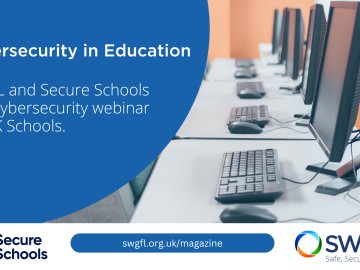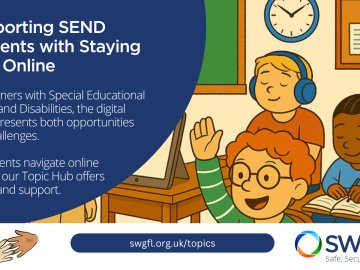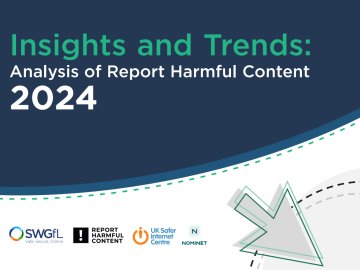The World Health Organisation (WHO) has released a report, What works to prevent online violence against children (VAC) which presented ways to keep children safe online and summarised the scientific literature on current effective strategies and tools. The report focused on two key forms of online violence:
- Online child abuse and exploitation which included online grooming, non-consensual sexting, sexual extortion, the production and distribution of child sexual abuse material and livestreaming of child sexual abuse;
- Cyber aggression and harassment in the form of cyberbullying, cyberstalking, hacking and identity theft.
The report recommended implementing school-based educational programmes which have multiple sessions, promoting interaction among young people and engaging parents. It also highlighted the need for improvements in various areas including:
- The need for more violence prevention programmes that combine content about online dangers with offline violence prevention due to the overlap of these problems and their common approaches to prevention.
- Less emphasis on stranger danger as strangers are not the sole, or even the predominant offenders, in online violence against children.
- More emphasis on acquaintance and peer perpetrators, who are responsible for a majority of offenses.
- More attention to healthy relationship skills, since romance and intimacy-seeking are major sources of vulnerability to online violence.
The report highlighted that violence prevention researchers looked broadly at the science of prevention and child health to draw implications for preventing online violence against children. This included a critical look at the content of existing prevention programmes as well as identifying relevant research and highlighting gaps.
Multiple Tools and Repeated Exposure
The research found that educational programmes can work and are regarded as a key strategy in preventing online violence against children, particularly cyberbullying prevention regarding victimisation and perpetration. Findings stated that cyberbullying was one of the most prevalent forms of online abuse of children and that it can be reduced by traditional prevention programmes as well as programmes targeting cyberbullying specifically.
It also found that the use of multiple tools and strategies, such as videos, games, readings, posters and infographics, guided instruction and leader instruction, resulted in higher success for prevention programmes. Repeated exposure and greater intensity has also proven to be important. This involved more lessons, reminders and follow-ups while single exposure, such as a play or assembly presentation, was unlikely to be effective. For example, a typical successful cyberbullying programme was delivered over an average of 22 weeks.
Help-seeking was also identified as a prevention strategy, which included overcoming embarrassment to seek help and identifying the problems that require help seeking, while bystander or defender mobilisation could also prevent online child abuse. This involved teaching children to support and protect victims and discourage aggression when observing inappropriate behaviour or conflict.
The report also found that social norm instruction or ‘what people should do’ was particularly effective with adolescents, while comprehensive forms of sex education can reduce physical and sexual aggression. This was particularly effective when it came to homophobic bullying, dating and partner violence.
Stranger Danger and Peer Perpetration
The research also indicated that acquaintances and peers make up the majority of online perpetrators. This highlighted the need on how to counteract acquaintance and peer perpetration and to not simply keep to ‘stranger danger’ warnings.
The importance of parental involvement via homework and activity suggestions was emphasised in many reviews during the research, as was whole school environment involvement. Teaching skills such as critical thinking, problem solving, empathy, assertiveness, empathy and resistance to peer pressure among other skills, were also needed to prepare children on dealing with any online violence.
For more on school-based education programmes, visit our award-winning digital literacy toolkit, ProjectEVOLVE, which is a free toolkit for professionals working with children and young people.
The ProjectEVOLVE toolkit is based on UKCIS framework “Education for a Connected World” (EFACW) that covers knowledge, skills, behaviours and attitudes across eight strands of our online lives from early years right through to eighteen.
Discover further supportive resources to help keep children safe online by visiting our array of resources and training






